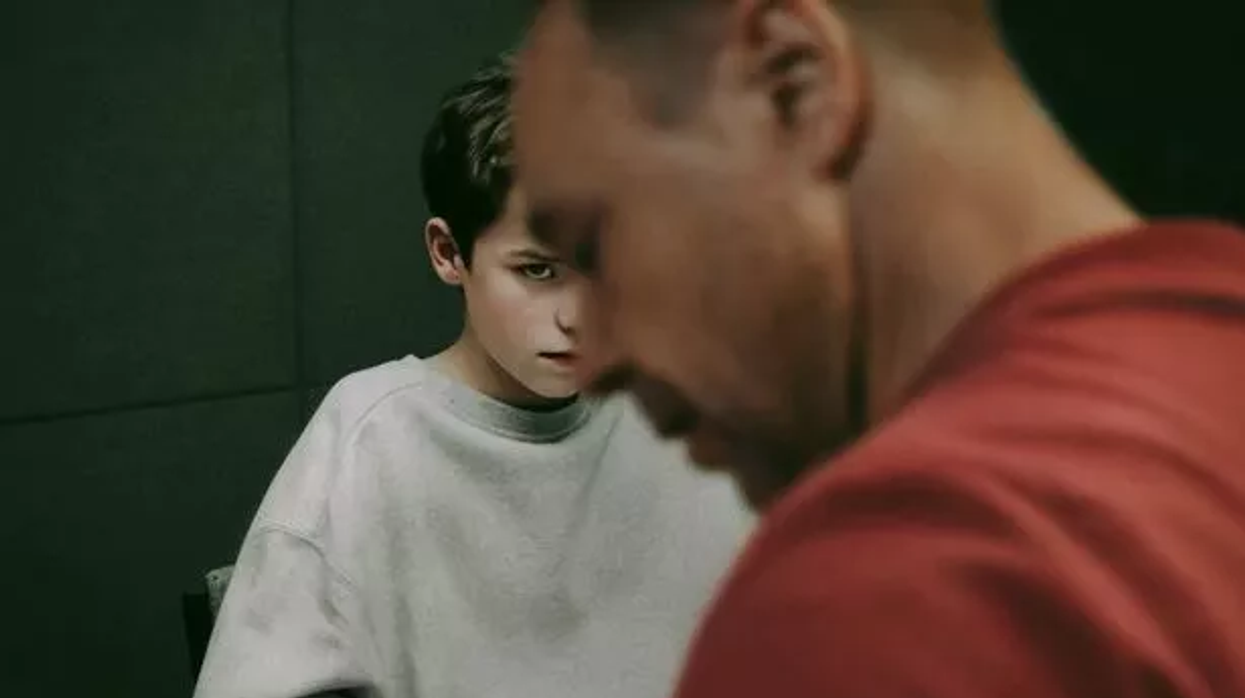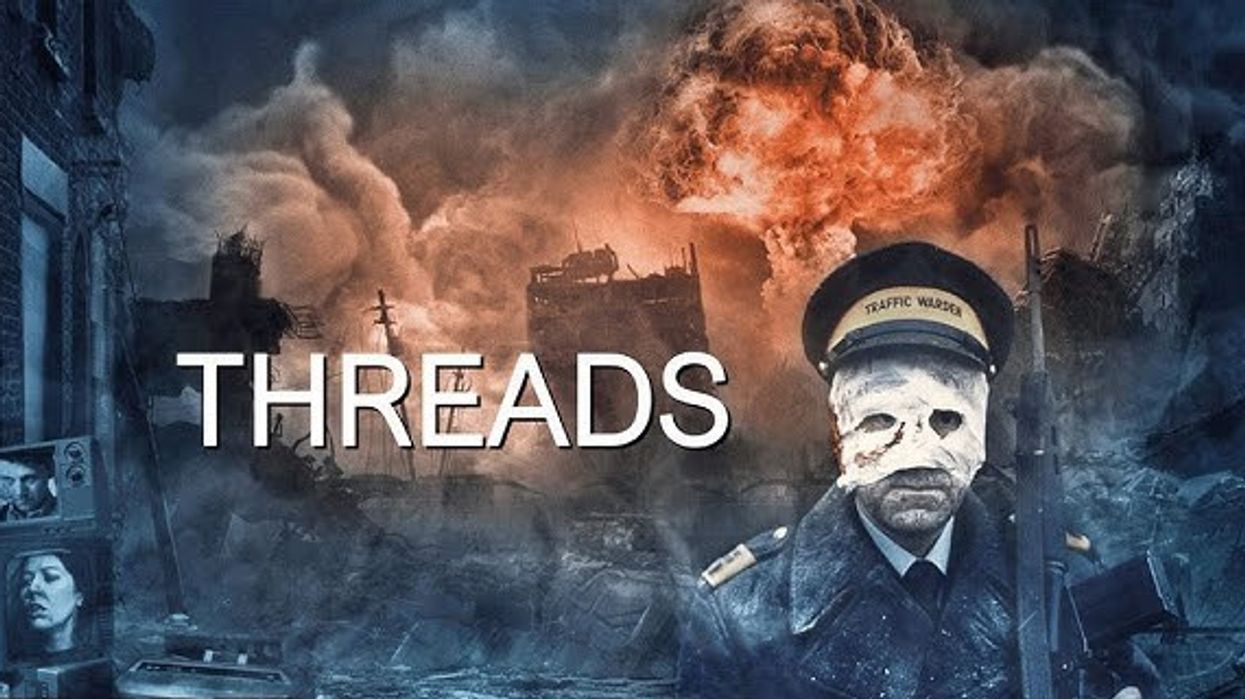The production house behind the breakout Netflix hit Adolescence is diving into darker territory with its next project: a modern-day television reboot of Threads, the harrowing 1984 film that imagined the aftermath of a nuclear attack on the UK.
Warp Films, based in Sheffield, the same city where Threads was originally set and filmed has secured the rights to rework the infamous BBC drama into a new episodic format. The original, written by Kes author Barry Hines and directed by Mick Jackson, left an impact for its stark, documentary-style look at how everyday life collapses after a nuclear strike.
- YouTubeyoutu.be
Unlike most disaster fiction, Threads didn’t focus on heroism or survival tactics, and it zoomed in on ordinary people, especially a young Sheffield couple, and followed them as their lives unravelled. As the country’s infrastructure crumbled and nuclear winter descended, the tone only got bleaker. Actor Reece Dinsdale, who played lead character Jimmy Kemp, once recalled a silent, tearful screening of the film in Sheffield, with viewers visibly shaken.
Now, four decades later, Warp Films sees an opportunity to revisit this story for a new generation. Mark Herbert, the company’s founder, believes the original film’s brutal honesty still resonates. “It showed the true human cost of nuclear war, without gloss or fantasy,” he said. “That message hasn’t aged, and in some ways, it feels more urgent now.”

While the upcoming series will stay rooted in South Yorkshire, it will look at today’s world where global tensions, misinformation, and fragile systems create their own kind of unease. Executive producer Emily Feller hinted that the new take on Threads won’t just dwell on despair. “We also want to reflect the resilience people show, even in the worst situations,” she said. “There’s space here for both devastation and connection.”
Warp Films is riding high on the massive success of Adolescence, which broke viewership records in the UK with its raw portrayal of a teenage boy accused of murder. With Threads, the company aims to keep telling stories that hit hard and stick with audiences long after the credits roll.
No casting or release details have been confirmed yet, but one thing is clear: Warp isn’t afraid to ask difficult questions and make us sit with the answers.





